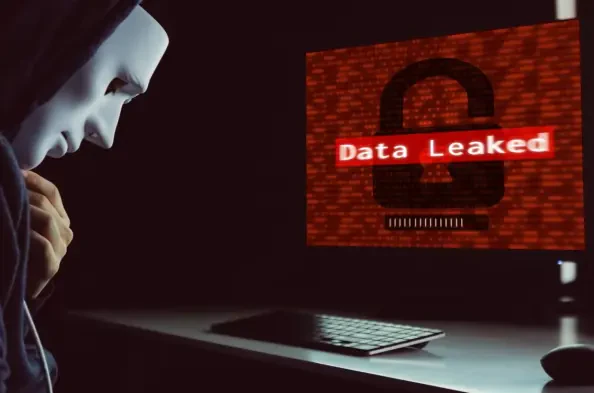In a startling revelation, a group of hackers allegedly linked to Iran’s Revolutionary Guards is threatening to disrupt the political arena with email leaks from prominent figures associated with former U.S. President Donald Trump. As the world watches, this cyber intrusion could jeopardize political figures’ reputations and influence the dynamics of upcoming elections in unforeseen ways.
How Cyber Intrusions Could Upend Politics
Cyber threats targeting political figures closely linked to former President Donald Trump are emerging as a significant concern in the run-up to the new election cycle. The potential impact of such digital attacks is immense, threatening to sway public opinion and potentially influence election integrity. In an era where digital communications play a pivotal role in political strategy, safeguarding information has become imperative to maintain democratic processes.
Cyber Warfare: A Modern Political Tool
In today’s world, cyber threats are increasingly being used as political weapons. This tactic is rapidly evolving, becoming a preferred method for countries to achieve their strategic objectives without direct confrontation. With national security on the line, understanding the implications of cyber warfare on international relations is more critical than ever. The stakes are high, with potential widespread effects on global political stability and security.
The Role of Robert: A Known Cyber Threat
The incident involving the hacker group known as “Robert,” with purported ties to Iran’s Revolutionary Guards, has captured significant attention. This group claims to have accessed about 100 gigabytes of sensitive emails from Trump affiliates like Susie Wiles and Roger Stone. Such breaches highlight a broader pattern of politically motivated cyberattacks, underscoring the urgent need for vigilance and proactive measures in cyber defense strategies.
U.S. Response and Expert Insights
Key figures like U.S. Attorney General Pam Bondi have condemned the attack as “unconscionable,” while FBI Director Kash Patel indicates rigorous investigations are underway. Experts like Frederick Kagan explain these activities as Iran’s asymmetric tactics, aimed at balancing military weaknesses without escalating into open conflict. Insights from cybersecurity professionals reveal the complexity of combating such threats, emphasizing the sophistication of state-sponsored cyber operations.
Mitigating Cyber Threats: Strategies and Collaboration
The Cybersecurity and Infrastructure Security Agency (CISA) recommends several strategies for mitigating such cyber threats. Political figures and organizations are encouraged to implement comprehensive cybersecurity measures, including regular audits, encryption of sensitive data, and training staff on cyber hygiene. By fostering collaboration between government entities and the private sector, there is a stronger potential for building resilient cybersecurity infrastructure to thwart future incursions.
In reflecting on these events, it becomes evident that cyberspace is a critical battlefield in modern politics. The revelations of email leaks by Iran-linked hackers serve as a cautionary tale for both politicians and citizens alike. As technology continues to advance, maintaining the integrity of digital communications will require a united front, innovative strategies, and constant vigilance.






